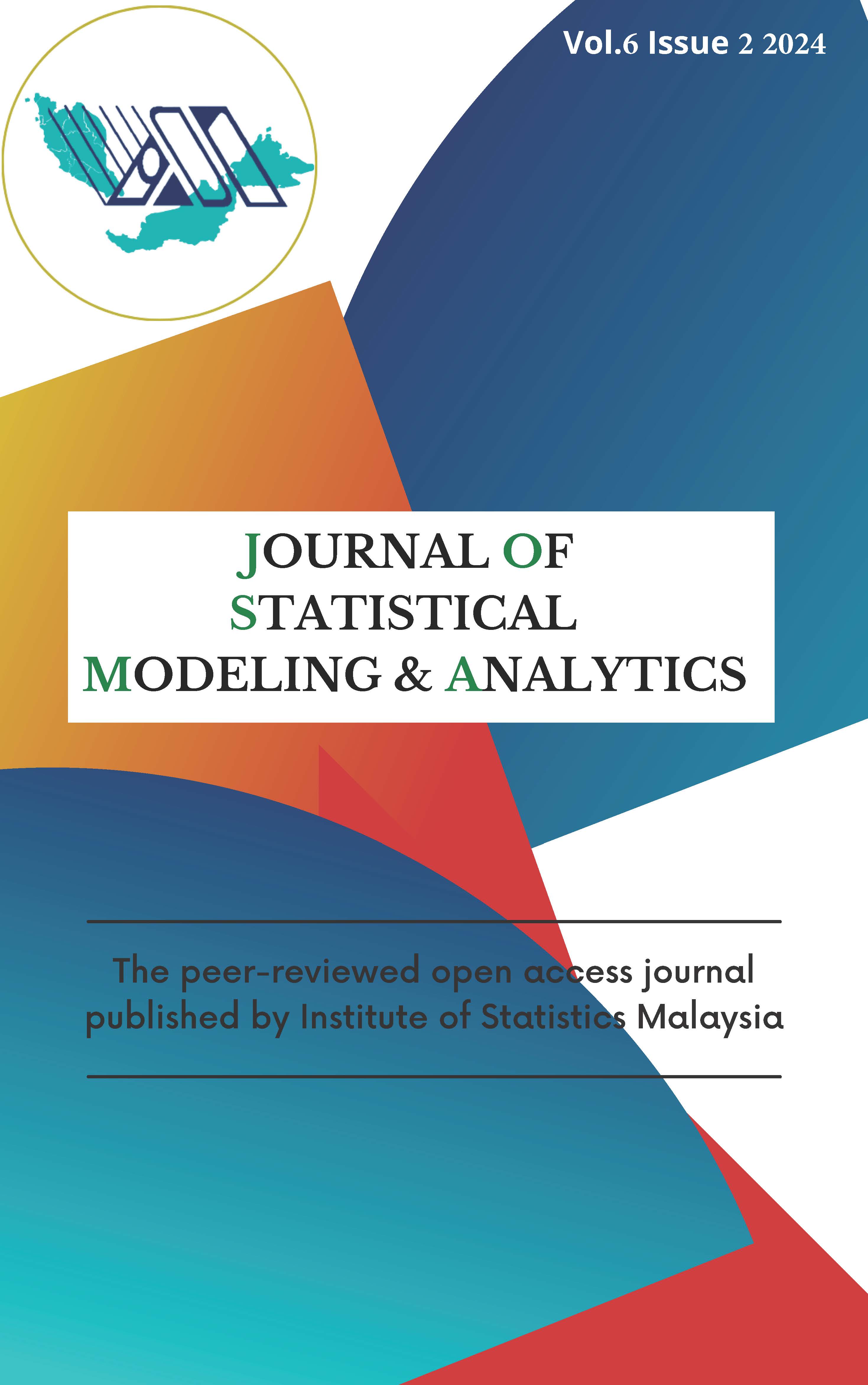Developing a New Feature for Vulnerability Risk Scoring Model for Enhanced Cybersecurity
DOI:
https://doi.org/10.22452/josma.vol6no2.5Keywords:
Correlation, Regression Modelling, Risk-scoring model, Dynamic threat landscapeAbstract
As organisations increasingly rely on technology, the risk of cyber threats to data integrity and security grows significantly. Traditional vulnerability risk-scoring models may not adequately address the rapidly evolving nature of cyber threats, necessitating the development of more adaptable and context-specific models. This research aims to achieve two primary objectives: developing a flexible risk-scoring model that can be customised for different industries, companies, or situations, and creating a new feature that accurately reflects the risk score based on the current dataset. The study employs correlation analysis and machine learning-based regression modelling, utilising appropriate evaluation metrics to assess model performance. Results indicate that the K-Nearest Neighbors regression model performs particularly well, offering precise risk assessments. The risk score produced by the model serves as a critical tool for prioritising cybersecurity efforts, where higher scores denote a greater need for immediate action. This research contributes to the field by providing a scalable and customisable framework for developing specialised risk-scoring models, enhancing the effectiveness of cybersecurity strategies across diverse contexts.


